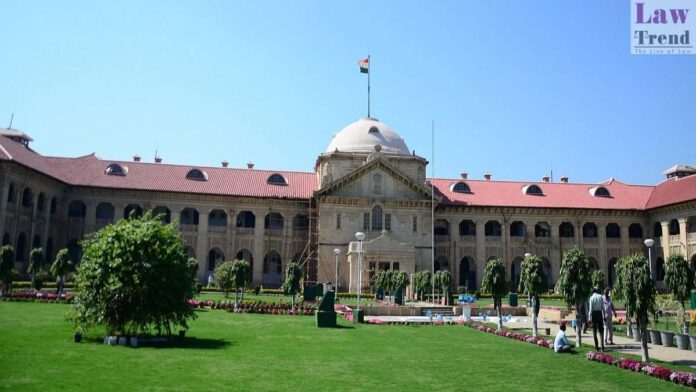The Allahabad High Court on Friday reserved its judgment on a batch of petitions challenging the Uttar Pradesh government’s controversial decision to pair primary and upper primary schools with fewer than 50 students with nearby institutions.
Justice Pankaj Bhatia concluded hearings on two writ petitions filed by Krishna Kumari and others, who have sought the quashing of the state’s June 16, 2024, government order implementing the policy.
The petitioners, represented by advocates L.P. Mishra and Gaurav Mehrotra, contended that the decision undermines the right to free and compulsory education under Article 21A of the Constitution. They argued that the move would force children to travel outside their localities, effectively denying them access to neighborhood schooling — a core tenet of inclusive education.
The lawyers further submitted that instead of shutting down schools with low enrollment, the state should focus on upgrading infrastructure and improving teaching quality to encourage attendance. “The government has taken the easier route of pairing or closing these schools, prioritizing economic convenience over the welfare of children,” the petitioners claimed.
In response, Additional Advocate General Anuj Kudesia, Chief Standing Counsel Shailendra Singh, and Senior Advocate Sandeep Dixit defended the state’s policy. Representing the Director of Basic Education, they asserted that the pairing was carried out in accordance with established rules and was neither illegal nor arbitrary.
The government’s legal team stressed that the decision did not involve the closure or merger of schools but only administrative pairing for better resource utilization. “Many schools had negligible or zero student strength,” the counsel argued, insisting that the reorganization was necessary to rationalize manpower and infrastructure without compromising access to education.
In a related development during the proceedings, Kudesia urged the court to impose a reporting ban on the case, alleging that media coverage was damaging the reputation of government counsel. Justice Bhatia declined the request, stating that the judiciary would not curtail press freedom and that any such regulation would require formal legislation.
The court’s verdict on the matter is now awaited.




